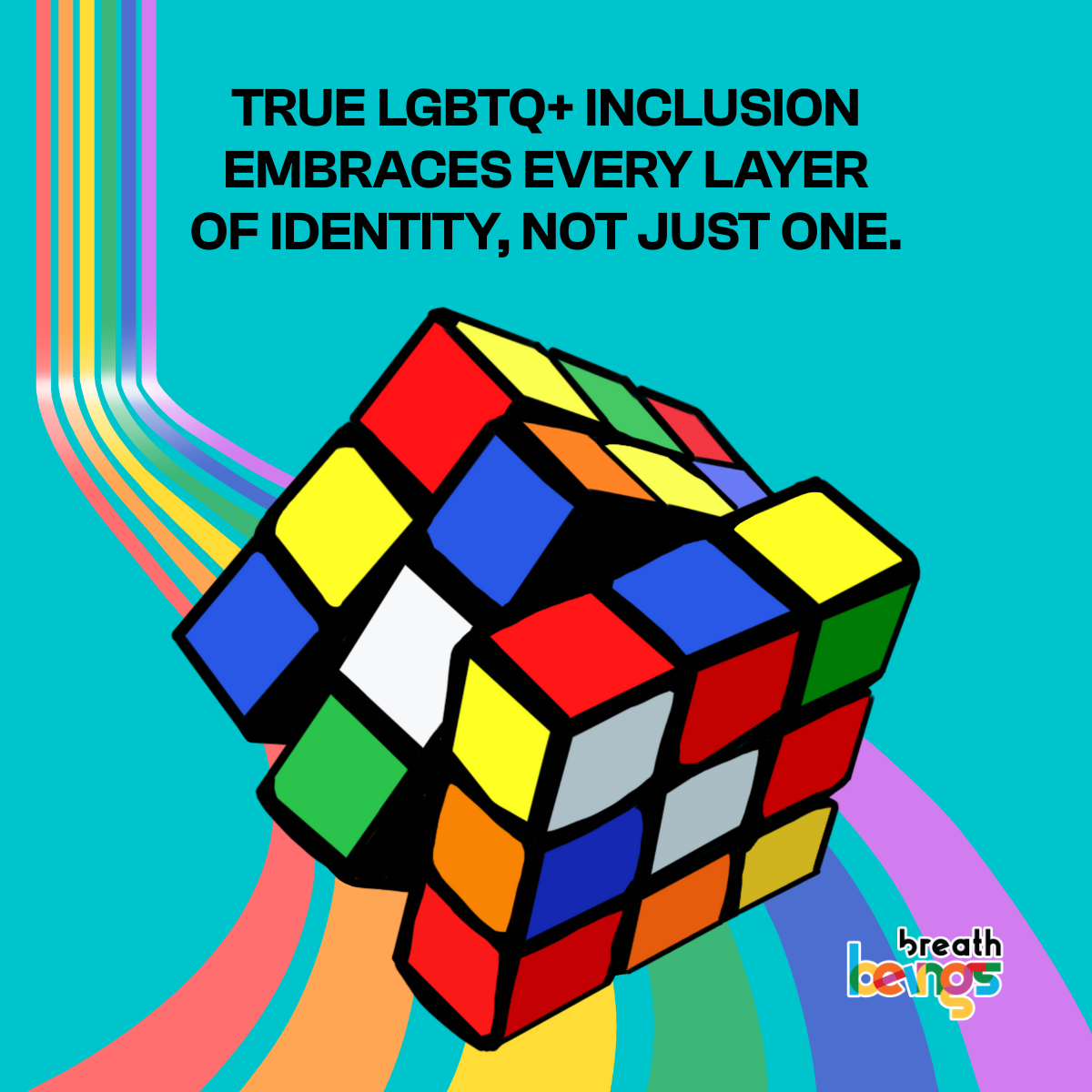As a woman navigating the corporate landscape, it can sometimes feel like an uphill battle.
The odds are mostly stacked against us. Caregiving, motherhood, housework, and other factors in addition to striving for a flourishing career leave us exhausted on all fronts. It can feel like an endless exercise in plate-spinning, leaving you exhausted and wondering if you’ll ever achieve that elusive “work-life balance.” Being overwhelmed is not the best state to be in when you need to channel your best leadership energies to change the game for yourself and hence focused women’s leadership development programs are the need of the hour.
Fact is, true balance is a myth. The most successful women leaders have learned to embrace the ebb and flow, prioritizing what matters most in each moment
And yet time and time again, women have shown that we can do it.
The key is being intentional about the practices and habits we cultivate. Because let’s be real – success doesn’t just happen by accident. It requires a dedication to personal growth, a willingness to take strategic risks, and the courage to blaze your own trail. Women professionals must build proactiveness towards their career through Women’s Leadership Training programs.
And luckily, we have some incredible role models to learn from. The most successful women leaders have shown us some powerful practices that have propelled them forward in life.

Here are 5 of those practices.
#1 They embrace their authentic self
“I had no idea that being your authentic self could make me as rich as I’ve become. If I had, I’d have done it a lot earlier.” – Oprah Winfrey
Knowing your values, your strongest beliefs, and what makes you resilient or weak, is to know your truths. Without knowing what holds you together you might struggle to be your authentic self. Spend time in reflection and dive deep into yourself and establish those meaningful connections.
Because the most successful women leaders know that true, long-lasting success comes from not just being true to yourself but also from building genuine, mutually-beneficial relationships. Instead of seeing their colleagues as competitors, they approach networking with a spirit of generosity and collaboration. They’re not just looking to make connections that will benefit them – they genuinely want to help others succeed as well.
This creates an upward spiral effect. When you approach relationships with an abundance mindset, people are naturally drawn to you. They’re more likely to share opportunities, provide introductions, and go the extra mile to support your goals.
#2 They prioritize self-care
“People are incredibly stressed. Everybody has more demands on them. But that’s why it’s all the more important to take care of ourselves—so we’ll be more effective and productive in everything else we’re doing. It’s like what they say on airplanes: secure your own oxygen mask first.” – Arianna Huffington
True, sustainable high performance comes from a place of balance and renewal.
That’s why successful women leaders make it a point to prioritize their own self-care – whether it’s carving out time for a daily meditation practice or having a tech-free weekend. Showing up as our best selves needs us to put effort into actively recharging and nurturing ourselves.
But self-care isn’t just about pampering yourself (though that’s certainly important!). It’s also about setting boundaries, saying no to non-essential commitments, and creating rituals that help you feel grounded and centered. After all, you can’t pour from an empty cup.
When you take care of yourself, you’re better able to take care of everything (and everyone) else.
#3 They create agency
“I almost always regret not speaking up. I think that a lot of women might feel a lack of confidence, especially if they’re not an expert in the field. You end up not asking basic questions or sharing your views.” – Tan Bin Ru, President, Enterprise (Digital), ST Engineering
Women have a natural, deeply embedded fear of speaking up. Whether it’s in social settings or at work in meetings dominated by men, it is a common issue that all women face. With mansplaining or bropropriating continuing to be the norm, women naturally find themselves invisible and unheard.
Speaking up, asking for the things you need (that promotion you deserve or the raise that’s long due), and intentionally building a brand around yourself are all small steps towards creating agency.
Women also face criticism for being assertive but such stereotypes can only be dispelled with awareness and pushing through your path, not detracting from it.
#4 They step out of their comfort zones
“I think women tend to be more reticent in these situations than men, but it takes courage to go forward even if you’re afraid. And getting out of your comfort zone is critical to being successful and achieving your goals.” – Caroline Feeney, Executive Vice President and Head of U.S. Businesses, Prudential
Who doesn’t like to be in their comfort zone? To find a formula that works and stick to it. Women do that quite often and are afraid to take risks or try something new. But the most successful women leaders know that growth and greatness rarely happen inside our comfort zones.
One of the best steps towards success is to intentionally seek out challenges and opportunities that push us beyond our limits. Women leaders are not afraid to take on stretch assignments, put their hands up for promotions, or tackle projects outside of their usual expertise. In doing so, they’re able to develop new skills, gain valuable experience, and demonstrate their abilities in ways that open up even more doors for advancement.
Stepping outside your comfort zone can be daunting, but it’s also where the magic happens. It’s where you learn the most, expand your mindset, and show the world – and yourself – just how capable you are.
#5 They display vulnerability
“I wanted to collaborate, and I didn’t mind asking others for help. They saw that I was focused on completing the assignment, and that getting the right results was important to me, rather than my career. That helped bring everyone onboard. Ultimately, being a bit vulnerable can make you more successful.” – Bianca Tetteroo, Vice-Chair, Executive Board, Achmea.
Vulnerability is strength because it makes you relatable. Admitting weaknesses, asking for help, and sharing their struggles is not a sign of weakness – it’s a sign of courage and self-awareness.
Successful women leaders don’t hesitate to be transparent about the challenges they face and the lessons they’re still learning. They’re willing to have honest, authentic conversations with their teams, mentors, and peers. And in doing so, they create an environment of trust, empathy, and psychological safety that enables everyone to thrive.
This willingness to be vulnerable is one of the hallmarks of transformational leadership. It allows women to connect on a deeper level, foster more meaningful relationships, and model the kind of self-compassion and resilience that inspires others to follow in their footsteps.
After all, the bravest leaders aren’t the ones who have it all figured out – they’re the ones who are brave enough to admit when they don’t.
This willingness to be vulnerable is one of the hallmarks of transformational leadership. According to our internal surveys, while women leaders have a fair sense of what success means to them, 60% of them do not have a professional development plan. By reinforcing self-esteem, readiness, and the ability to express oneself, the female leadership training equips women to enhance their decision-making abilities and stress management skills.
After all, the bravest leaders aren’t the ones who have it all figured out – they’re the ones who are brave enough to admit when they don’t.











